Gardening isn't just about growing beautiful plants; it's also about tending to the Earth. Sustainable gardening practices not only benefit your garden but also the environment as a whole. In this comprehensive guide, we'll explore the world of sustainable gardening, from reducing your ecological footprint to creating a harmonious garden ecosystem.
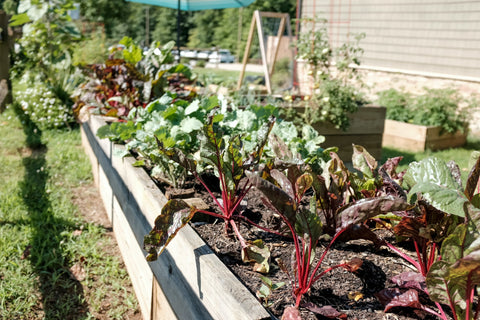
Understanding Sustainable Gardening
Sustainable gardening, often referred to as eco-friendly or green gardening, is a holistic approach that aims to minimize negative impacts on the environment while fostering a thriving, healthy garden. It's about nurturing a balance between cultivation and conservation. To achieve this, gardeners adopt practices that are both environmentally responsible and resource-efficient.
Benefits of Sustainable Gardening
Sustainable gardening offers a multitude of benefits:
- Conservation of Resources: By using resources efficiently, sustainable gardening reduces waste and conserves water, energy, and materials.
- Biodiversity: Sustainable gardens create habitats for diverse plant and animal species, contributing to biodiversity.
- Improved Soil Health: Sustainable practices enrich the soil, making it more fertile and resilient.
- Less Pollution: Reduced use of chemicals and fertilizers minimizes soil and water pollution.
- Cost-Effective: Over time, sustainable gardening can be cost-effective due to lower resource consumption and maintenance.
- Personal Well-being: Gardening can be a source of relaxation and a connection to nature, promoting mental and physical well-being.
Now, let's delve into the various sustainable gardening practices that can help you create an eco-friendly and flourishing garden.
1. Choose Native Plants
Selecting native plants for your garden is one of the most eco-friendly choices you can make. Native plants are adapted to your region's climate, soil, and local wildlife. They require less water and maintenance than non-natives and provide food and shelter for local wildlife.
Tip: Visit a local nursery specializing in native plants to find the best options for your area.
2. Conserve Water
Water is a precious resource, and sustainable gardening practices aim to use it wisely. Consider the following techniques:
- Install a drip irrigation system to water plants efficiently.
- Collect rainwater in barrels for irrigation.
- Use mulch to preserve soil moisture and decrease the rate of evaporation.
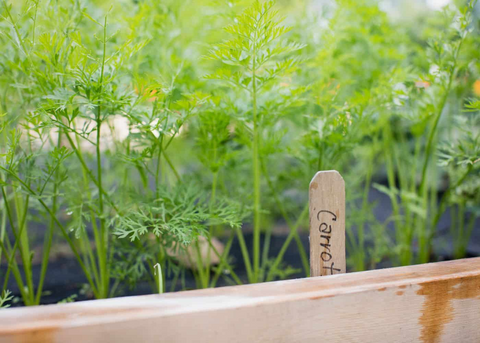
3. Practice Organic Gardening
Embrace organic gardening methods to reduce the use of synthetic pesticides and fertilizers. Organic gardening encourages the use of natural pest control and composting to enrich the soil.
Tip: Attract beneficial insects like ladybugs and lacewings to help control garden pests.
4. Composting
Creating a compost pile in your garden is an excellent way to recycle organic waste, such as kitchen scraps and yard debris. Compost enriches the soil, reduces the need for chemical fertilizers, and decreases the amount of waste sent to landfills.
Tip: Combine green materials like fruit and vegetable scraps with brown materials like leaves and paper for a balanced compost pile.
5. Reduce, Reuse, Recycle
Sustainable gardening goes hand in hand with the principles of reduce, reuse, and recycle:
- Reduce waste by using minimal packaging and reusing materials.
- Repurpose old containers and items for garden décor.
- Recycle garden waste into compost and mulch.
6. Plant Trees and Shrubs Strategically
Strategically planting trees and shrubs around your home can provide natural shade and reduce cooling costs during hot summers. Deciduous trees, in particular, can provide shade in the summer and allow sunlight through in the winter.
Tip: Consult with a local arborist or landscape architect to determine the best placement for trees.
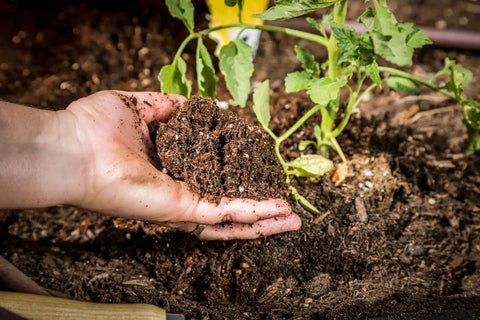
7. Beneficial Insects
Attract beneficial insects like ladybugs, lacewings, and bees to your garden by planting flowers they love. These insects can help control pests naturally.
Tip: Plant nectar-rich flowers like coneflowers and marigolds to attract pollinators.
8. Go Chemical-Free
Avoid chemical pesticides and herbicides, as they can harm beneficial insects and pollute the environment. Opt for natural pest control methods like companion planting and handpicking pests when necessary.
9. Wildlife-Friendly Gardens
Sustainable gardening embraces the idea of creating a garden ecosystem that welcomes wildlife. Provide bird feeders, birdhouses, and water sources to attract birds. Create habitat piles with rocks and logs for insects, frogs, and other critters.
Tip: Install bee houses to support pollinators like solitary bees.
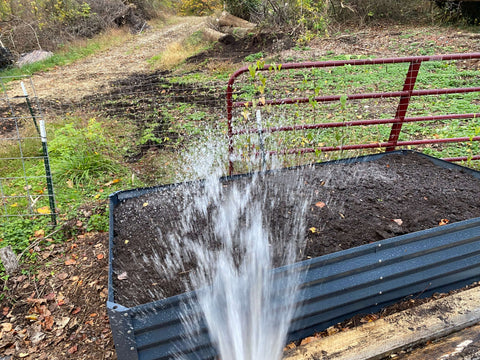
10. Crop Rotation
Rotate your crops regularly to prevent soil depletion and control pests naturally. Different plants have different nutrient requirements, and crop rotation helps maintain soil health.
Tip: Create a simple crop rotation plan based on plant families and nutrient needs.
11. Garden Design with Sustainability in Mind
Consider the layout and design of your garden to maximize sustainability:
- Use hardscaping materials like permeable pavers to reduce water runoff.
- Arrange plants in clusters based on their shared needs for water and sunlight.
- Plan for efficient irrigation to minimize water wastage.
12. Use Organic Mulch
Organic mulch, such as wood chips or straw, conserves soil moisture, suppresses weeds, and enriches the soil as it decomposes. Avoid using rubber or plastic mulch, as it doesn't decompose and can harm the environment.
13. Support Local Wildlife
Plant nectar-rich flowers, shrubs, and trees that provide food and shelter for local wildlife. Butterfly-friendly plants and bird-friendly plants can attract a range of species to your garden.
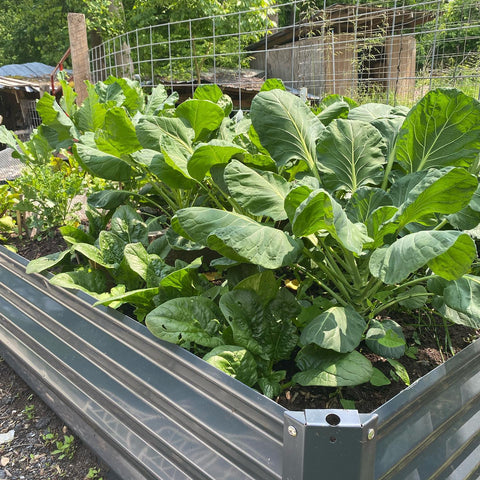
14. Sustainable Lawn Care
If you have a lawn, practice sustainable lawn care:
- Mow grass at a higher height to encourage deep roots and reduce watering needs.
- Utilize a mulching mower to recycle grass clippings back into the lawn.
- Aerate the soil to improve water penetration.
15. Educate Yourself
Staying informed about sustainable gardening practices is essential. Attend workshops, join gardening clubs, and read books and articles on the topic to continually expand your knowledge.
Conclusion
Sustainable gardening practices are more than a trend; they are a responsibility. By embracing eco-friendly gardening techniques, you not only create a beautiful and thriving garden but also contribute to the well-being of our planet. Whether you have a small urban garden or a vast rural landscape, every effort counts in building a greener, more sustainable future.









